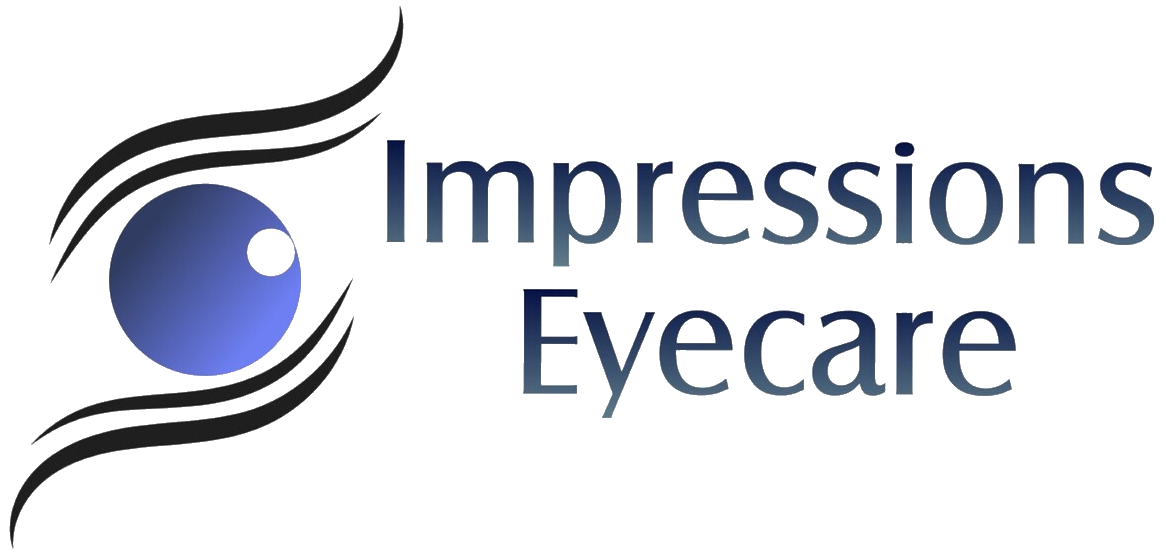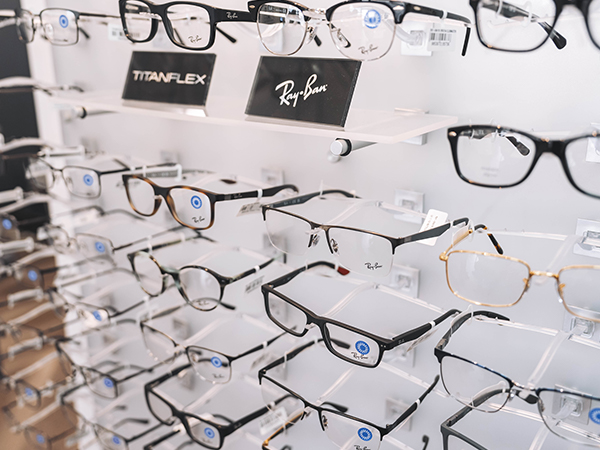How Often Should You Visit Your Optometrist? How Age, Health, and Lifestyle Play a Role

Your eyes are one of your most important assets, yet they are often overlooked when it comes to routine health care. Many people only schedule an eye exam when they notice a change in vision, but regular comprehensive eye exams are essential at every stage of life. These visits do more than check how clearly you see - they also assess overall eye health and can even reveal signs of other health conditions.
What Is a Comprehensive Eye Exam?
A comprehensive eye exam goes beyond a quick vision screening. During the exam, your optometrist will:
Measure visual acuity and check for refractive errors (such as nearsightedness, farsightedness, or astigmatism).
Evaluate eye coordination and focusing ability.
Examine the health of the retina, cornea, lens, and optic nerve.
Check for eye diseases such as glaucoma, macular degeneration, and diabetic retinopathy.
These exams are vital for detecting problems early, often before you notice symptoms, which is why annual visits are recommended for everyone.
Children and Teens
Children may not always recognize or communicate vision problems, yet clear sight is crucial for their learning and development. Annual eye exams can help detect nearsightedness (myopia), which is becoming increasingly common among children, as well as eye coordination issues such as lazy eye (amblyopia) or crossed eyes (strabismus). Identifying these conditions early ensures that children can succeed in school, perform well in sports, and enjoy daily activities without unnecessary struggles caused by poor vision.
Adults
Even if you have perfect vision, regular eye exams are essential for monitoring long-term eye health. For adults, comprehensive exams can uncover early signs of conditions like glaucoma and macular degeneration, both of which may develop silently before symptoms appear.
Exams also help address digital eye strain, which is increasingly common due to prolonged screen use, and age-related vision changes such as presbyopia, which makes it difficult to focus on objects up close. Adults with chronic health conditions such as diabetes, hypertension, or autoimmune diseases should be especially vigilant, since these conditions can significantly increase the risk of eye complications.
Seniors
As we age, the likelihood of developing serious eye conditions rises sharply, making annual eye exams a critical part of preventative care. Seniors are more prone to cataracts, which can cloud vision and interfere with daily activities, as well as age-related macular degeneration, a leading cause of vision loss.
Regular exams are also vital for detecting glaucoma, often referred to as the “silent thief of sight” because it can progress without noticeable symptoms until vision loss occurs. With consistent monitoring and treatment, seniors can preserve their sight and maintain independence for as long as possible.
Lifestyle Factors That Influence Eye Health
Your lifestyle can also play a role in how often you should see your optometrist. For example:
Screen time: Excessive computer, tablet, or phone use can lead to digital eye strain, making regular checkups essential.
Contact lenses: Wearers need more frequent exams to ensure the lenses fit properly and the eyes remain healthy.
Outdoor activities: If you spend a lot of time in the sun, exams help monitor UV-related eye conditions like pinguecula or early cataracts.
Occupational hazards: Jobs involving chemicals, dust, or heavy screen use require close monitoring of eye health.
Prioritize Your Vision Health at Impressions Eyecare
Your vision plays a vital role in every stage of life, and taking care of your eyes should be a top priority. For families and individuals in Bowie, MD and the surrounding communities, we are here to provide the personalized, thorough care you deserve. By staying proactive with your eye health, you can enjoy clearer vision and peace of mind for years to come.
Schedule your comprehensive eye exam with Impressions Eyecare and give your eyes the care they deserve. Visit our office in Bowie, Maryland, or call (240) 929-4255 to book an appointment today.


